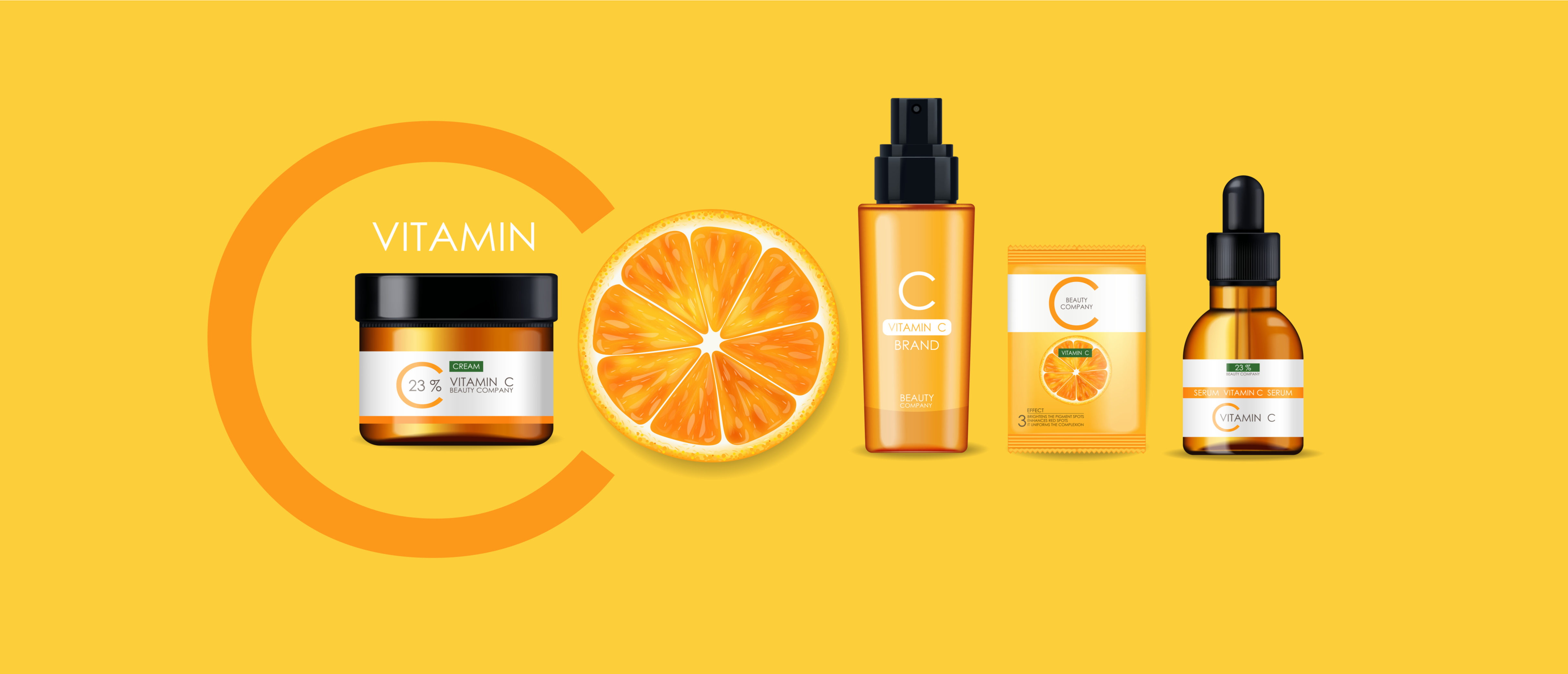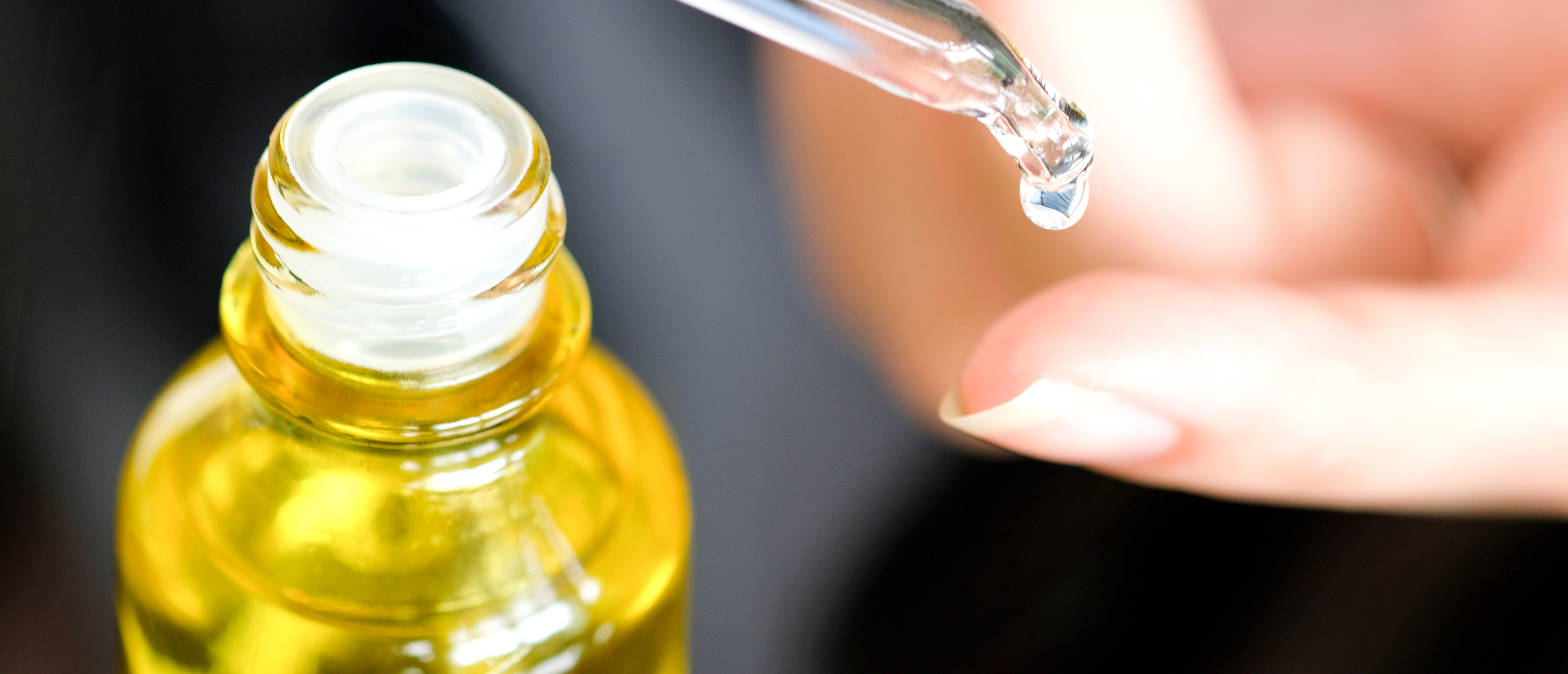Vitamin C (Ascorbic Acid) and Our Skin - Uses and Benefits
By on Jan 18th 2021
There are many different claims out there on the internet regarding the many forms of vitamin C and how it could help our skin. Some common ones are it helps remove scars, helps with signs of aging, works as a potent antioxidant, improves collagen production, and may treat acne. Let us take a closer look at the benefits of Vitamin C.
Vitamin C Skin Benefits

Acne
Acne is one of the world’s most common skin conditions. There are many ways to treat it but today we are going to look specifically at Vitamin C and some of its abilities to potentially treat acne. To treat something, you need to know what it is. So, what is it?
Well acne is when the skin is inflamed by blocked pores and bacteria Propionibacterium acnes is present. The symptoms of acne are redness, swelling, and pustules or zits. So how can vitamin C treat this skin condition? First, we need to look at vitamin C’s qualities to see how it could treat acne.
Vitamin C is an alpha-hydroxy acid, and we have already done an article on these. But in summary these compounds are used to exfoliate the skin and cause shedding of the surface skin. This smooths fine lines and wrinkles, improves skin texture and tone, as well as unblocks and cleanses pores.
This is good for the skin in general but even better when trying to treat acne. It is looking pretty good for vitamin C’s ability to treat acne, but what else can it do?
Anti-Aging & Collagen Production
When your skin is exposed to UV light normally from the sun reactive oxygen species (ROS) are formed. Reactive oxygen species are not good and could cause damage to your DNA. Vitamin C helps neutralize these and can help prevent UV damage from them. Vitamin C serums can help fade hyperpigmentation, reducing dark spots leading to a more balanced complexion.
That is all well and good, but what about anti-aging and scars? Your skin is made up of three layers. On the top there is the epidermis, in the middle there is the dermis and, on the bottom there is the subcutaneous tissue. The epidermis is there to essentially keep the skin from drying out, while the dermis contains connective tissue, nerve endings, and maybe most importantly for looks, collagen and elastin.
Collagen is what supports the skin and gives it its structure it is also important in scar tissue. Vitamin C is special because of its ability to increase the production of collagen, this is a vital protein for rebuilding healthy skin. When it comes to anti-aging again vitamin C comes in handy.
Every time you smile or move your skin you are putting stress on the structurally tissue collagen. Eventually this will cause wrinkles and sagging. But using vitamin C could lessen the effect of aging with the production of collagen.
Vitamin C Applications

So how can it be applied and is it safe? One of the good things about vitamin C is that it is a water-soluble based vitamin. This means that it can be added to water-based topical creams and applied to the skin as needed.
Vitamin C products applied topically can cause irritation to those with sensitive skin, but that typically comes from high doses of L-Ascorbic Acid. Applying Vitamin C in lower doses is a good way to receive the benefits of Vitamin C without the irritation or discomfort. Magnesium Ascorbyl Phosphate is a common alternative form of vitamin C used.
It also can be taken orally as a supplement and will still improve overall skin health, but if you would like to really treat a specific area then topical creams are probably the way to go. Whether it is taken orally or topically vitamin C is generally considered safe and is an important vitamin for bodily functions.
Looking for Vitamin C (Ascorbic Acid)? Shop Ingredi.com and buy in bulk:
Sources:
https://www.ncbi.nlm.nih.gov/books/NBK499877/
https://www.ncbi.nlm.nih.gov/pmc/articles/PMC5788264/
https://www.ncbi.nlm.nih.gov/pmc/articles/PMC4277239/
https://www.ncbi.nlm.nih.gov/pmc/articles/PMC3673383/
https://www.ncbi.nlm.nih.gov/pmc/articles/PMC5579659/
https://www.ncbi.nlm.nih.gov/pmc/articles/PMC6204628/
https://www.ncbi.nlm.nih.gov/pmc/articles/PMC6040229/
https://pubmed.ncbi.nlm.nih.gov/19134126/
https://pubmed.ncbi.nlm.nih.gov/25722599/
https://www.ncbi.nlm.nih.gov/pmc/articles/PMC6560440/
https://www.fda.gov/cosmetics/cosmetic-ingredients/alpha-hydroxy-acids
https://www.webmd.com/beauty/skin-care-products#1
https://www.healthline.com/health/layers-of-skin
https://ods.od.nih.gov/factsheets/VitaminC-HealthProfessional/
https://pubmed.ncbi.nlm.nih.gov/2762330/
https://www.mayoclinic.org/drugs-supplements-vitamin-c/art-20363932






